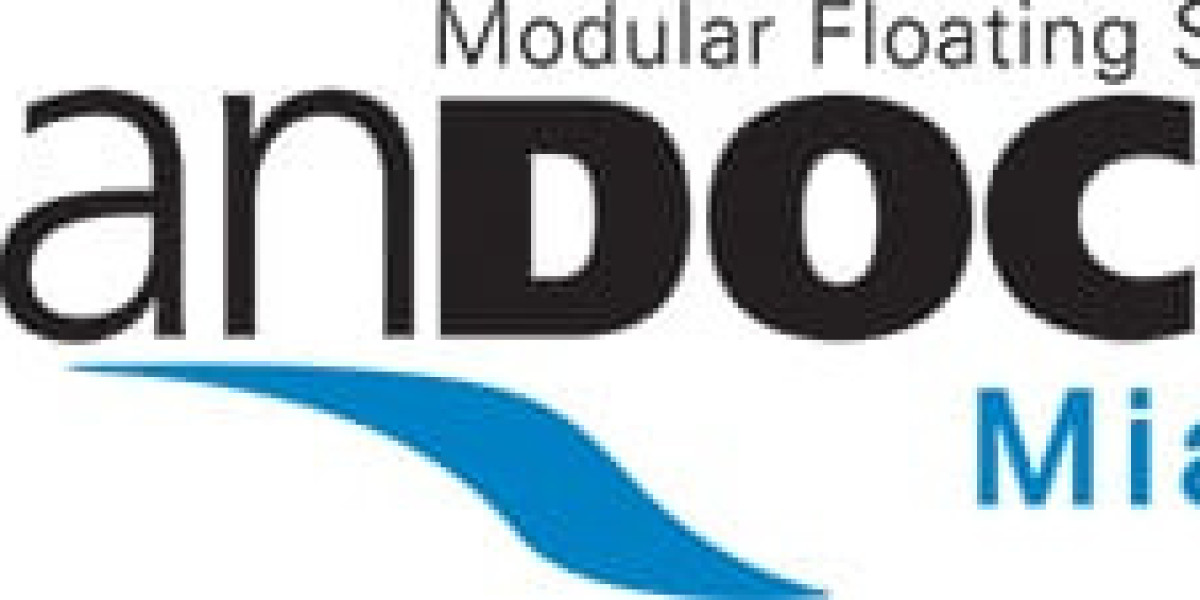What Are Floating Boat Docks?
Floating boat docks are innovative, adaptable, and efficient docking solutions that cater to a wide range of watercraft. Unlike traditional fixed docks, these docks rest on the water’s surface, adjusting dynamically to changing water levels. Made from durable, high-quality materials like modular polyethylene or aluminum frames with composite decking, floating docks offer exceptional longevity and performance.
Benefits of Floating Boat Docks
1. Adaptability to Changing Water Levels
One of the primary advantages of floating boat docks is their ability to rise and fall with water fluctuations. Whether in lakes, rivers, or coastal areas, floating docks ensure your watercraft remains secure regardless of seasonal or tidal changes.
2. Ease of Installation and Customization
Floating docks feature modular designs, allowing for easy installation without requiring heavy machinery or permanent pilings. Their customizable configurations let users create a docking system tailored to their specific needs, whether for personal boating, marina operations, or waterfront properties.
3. Low Maintenance and Longevity
Constructed from high-density polyethylene (HDPE), aluminum, or composite materials, floating boat docks are resistant to corrosion, rot, and UV damage. Unlike wooden docks that require frequent staining, sealing, and repairs, floating docks demand minimal upkeep while maintaining durability over the years.
4. Eco-Friendly and Safe for Aquatic Environments
Floating docks minimize environmental impact by reducing shoreline disruption and erosion. They also eliminate the need for treated wood or chemical-laden materials that can leach into the water, making them an environmentally responsible choice.
5. Versatility for Various Applications
Floating docks are ideal for multiple settings, including residential waterfronts, commercial marinas, industrial loading platforms, and recreational water activities. Their adaptable nature allows for easy expansion, relocation, or reconfiguration based on changing needs.
Types of Floating Boat Docks
1. Modular Plastic Floating Docks
Modular docks consist of interlocking polyethylene cubes, providing a flexible and scalable solution. These docks are lightweight, resistant to corrosion, and offer high buoyancy, making them a popular choice for both personal and commercial use.
2. Aluminum Floating Docks
Aluminum floating docks provide a robust and lightweight alternative, featuring rust-resistant properties and excellent load-bearing capabilities. These docks often come with composite or PVC decking for enhanced durability and slip resistance.
3. Concrete Floating Docks
Primarily used in marinas and commercial waterfronts, concrete floating docks offer superior stability and weight distribution. While heavier than other dock types, they provide exceptional longevity and withstand extreme weather conditions.
4. Wood-Faced Floating Docks
For those who prefer a traditional aesthetic, wood-faced floating docks combine the natural beauty of wood with a floating base. However, they require more maintenance than synthetic alternatives due to potential rotting and warping over time.
How to Choose the Right Floating Boat Dock
1. Assess Your Water Conditions
Consider factors such as water depth, wave activity, and seasonal fluctuations. In high-wave environments, heavier docks with more secure anchoring may be necessary.
2. Determine the Intended Use
Your dock’s purpose dictates its design. A simple dock for small boats will differ from a full-scale marina dock system or a floating platform for water sports.
3. Material Considerations
Choose materials based on durability, maintenance needs, and aesthetic preferences. Plastic docks are nearly maintenance-free, while aluminum docks offer a balance of strength and lightweight performance.
4. Dock Accessories and Features
Enhance functionality with accessories like cleats, ladders, bumpers, solar lighting, and kayak racks. These additions improve usability and safety for both recreational and professional applications.
Installation and Maintenance of Floating Boat Docks
Installation Process
Site Preparation: Clear the shoreline and assess water depth.
Dock Assembly: Connect modular sections and secure fasteners.
Anchoring System: Utilize weighted anchors, piling mounts, or cable systems based on water conditions.
Final Adjustments: Test stability, adjust flotation, and add finishing touches like safety railings.
Maintenance Tips
Regularly inspect connections and fasteners for wear.
Clean dock surfaces with mild soap and water to remove algae buildup.
Ensure anchoring systems remain secure, especially in storm-prone areas.
Store removable dock sections in winter if necessary to prevent ice damage.
Why Choose Floating Docks Over Fixed Docks?
Floating docks offer several advantages over fixed docks, including better adaptability, lower long-term maintenance, and the ability to relocate or expand as needed. Fixed docks, while sturdy, can suffer from structural damage due to shifting water levels and harsh weather conditions. For boat owners seeking a flexible and cost-effective docking solution, floating docks remain the superior choice.
Conclusion
Floating boat docks provide a reliable, versatile, and low-maintenance docking solution for a variety of applications. Their ability to adapt to changing water levels, coupled with easy installation and durability, makes them a preferred choice for waterfront property owners and marina operators. Whether you're looking for a modular plastic system or a robust aluminum platform, investing in a floating dock ensures long-term convenience and safety for your boating activities.
Candock Miami
401 E Las Olas Blvd, Suite 130-291, Fort Lauderdale FL 33301
Call Now: 305-676-1411
Email: info@candockmiami.com
Floating dock | Floating boat docks | Jetski dock | Floating jet ski dock | Jet ski floating dock | Jet ski docks








